More than half of Nigeria’s population does not have access to the internet. As such, while the advanced world has since gone digital thanks to the availability of the internet as a basic need, Nigeria is largely playing catch-up. This is mostly a result of poor access to the internet, especially for low income earners. This problem is what new internet service provider, FiamWifi NG is looking to solve.
Meet FiamWiFi


Founded in 2019 by London-based businessman, Akin Marinho, FiamWiFi is a Nigerian wireless Internet Service Provider which looks to offer fast reliable and affordable data to high density, lower income areas and rural communities. It hopes to achieve this by installing hotspot access points (AP) in strategic areas around target communities.
FiamWiFi is kick-starting its operations with Ajegunle area in Ajeromi-Ifelodun LGA of Lagos from where it hopes to spread to other low income areas.
“We are installing hotspot in different areas of Ajegunle,” Christo a customer relations personnel of the ISP told me. “The plan is to make sure that we have a lot of hotspots that will cover the whole of Ajegunle.”


According to Christo, each hotspot would cover a radius of 100 meters. With a land size of about 2,216 hectares, FiamWiFi will need a lot of hotspot Access Points to cover the entire Ajegunle area. But Christo insists that won’t be a problem.
“The plan is to make sure that we have enough hotspots that will cover the whole of Ajegunle by the middle of 2020.
How it works
FiamWiFi doesn’t require sim cards or modems. Users just need to register with an agent who will then onboard them to the internet hotspot. For now, that comes with a caveat because you need to have coverage in your vicinity to be able to connect. So, it is pretty much like the Sanwo-Olu WiFi, just a lot more widespread.
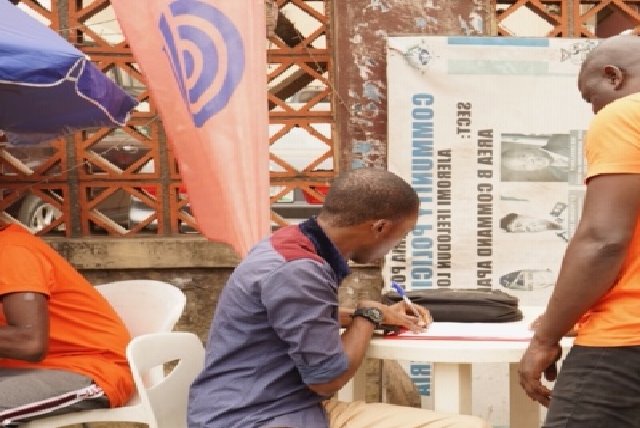

After onboarding, you’d be able to enjoy the service which for now is totally free and would remain so until the network and general systems are working optimally.
FiamWiFi is powered by MainOne, same suppliers for MTN. Several areas around Ajeromi-Ifelodun Local Government like Wilmer and Tolu Road already have access to the network.
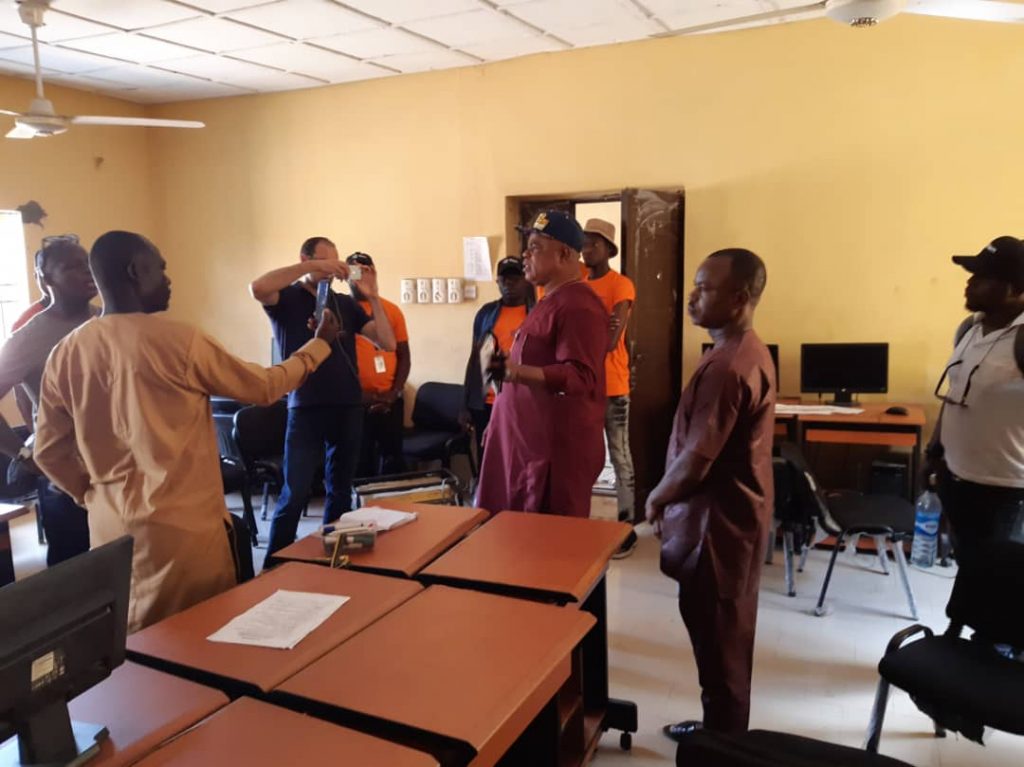

The business also targets public areas like malls, clubs and relaxation spots around the area. More importantly, it hopes to bring cheap internet service to learning institutions, especially public schools around the areas it targets.
Pricing
The proposed cost for the internet service is actually very pocket-friendly and flexible. For instance, 1gb which would normally sell for between N800 and N1000 goes for N400 instead. 3gb will sell for N1000.
“Our billing system will be more or less like a recharge voucher but in this case, you’ll be given a password for 1 gig or 3 gigs,” Christo says. “Our data doesn’t have a validity period in the sense that there’s no time cap. It depends on your usage. So if you’re not a heavy user, you can actually use it for several months, depending on your usage.”
While the price is incredibly cheap with no validity period, it, however, calls to mind problems associated with cheap WiFi.
The biggest problem is usually poor network service caused by onboarding too many users which overwhelms the system as experienced by ntel. This eventually led to the crashing of ntel’s network and its ultimate demise.


I was interested in knowing how FiamWiFi intends to avoid the same fate but its Head of Marketing, Lawal Tinubu, insisted on speaking with his boss first when I approached him for answers. At the time of this report, he was yet to get back to me.
Installation
As earlier noted, FiamWiFi employs the use of hotspot for its service provision. This means its access and distribution points are installed somewhere, usually on high rise buildings and structures.
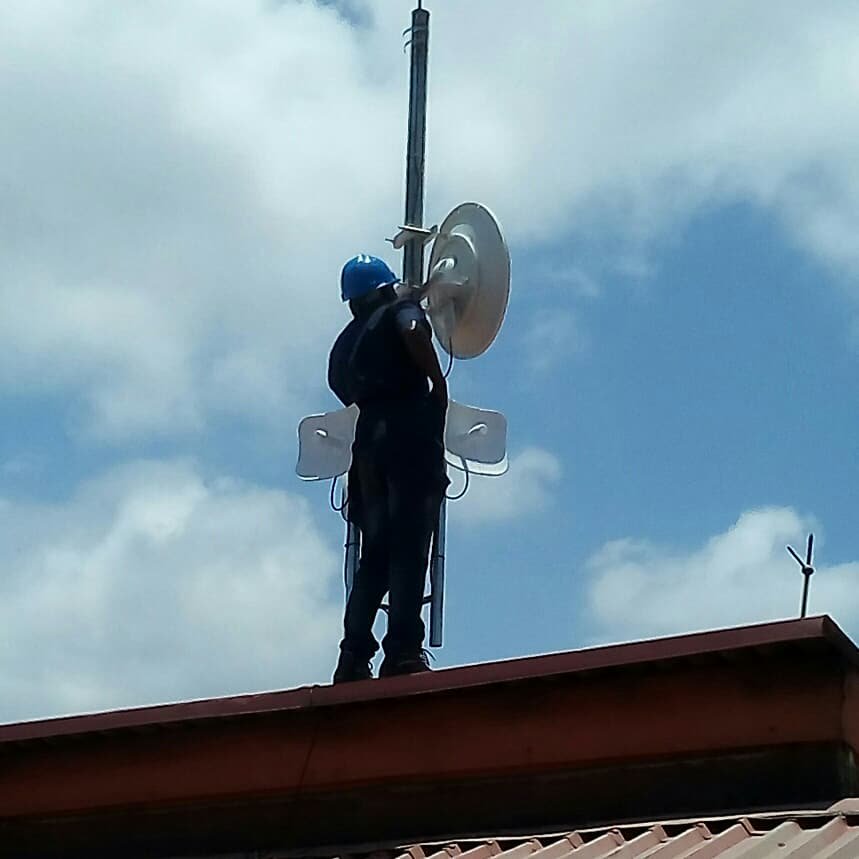

“We are actually looking for places to locate our access points and distribution points,” Christo tells me. “The access point (AP) is not like a mast. It is just a small device powered with inverters and a battery.”
FiamWiFi looks serious enough as its batteries are powered by solar panels installed at the same location as the hotspot. Thus, there’s no need for electric power and the service is sure to survive the long periods of power outage that plague the areas it targets.
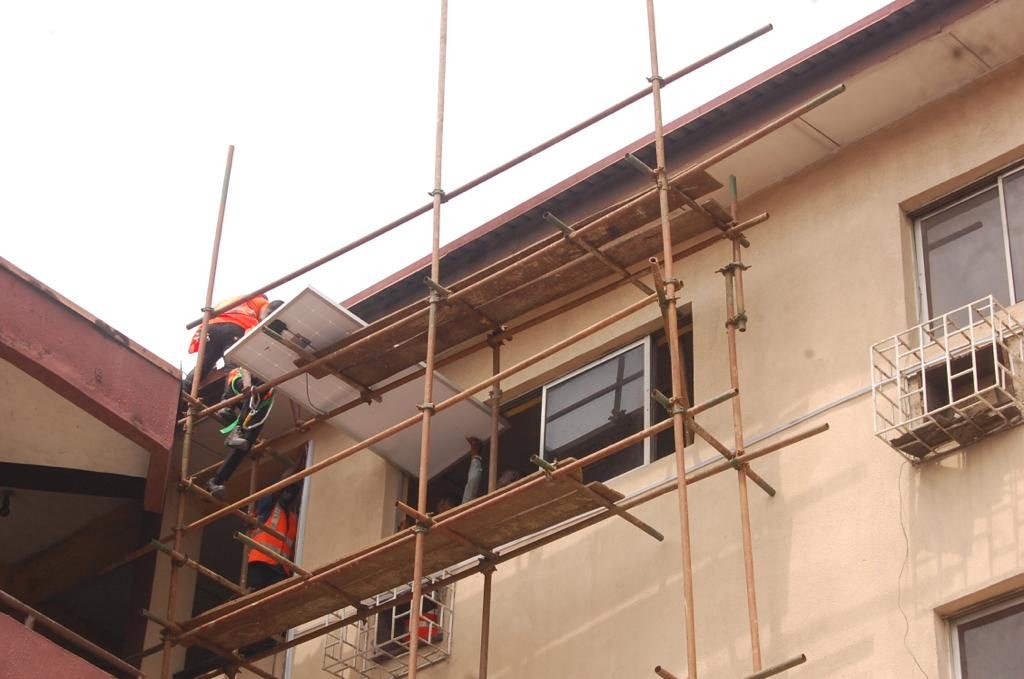

Christo also tells me that residents of buildings on which their hotspots are installed will enjoy the continuous privilege of free WiFi for as long as the WiFi remains there. This is because the WiFi is low cost and as such the company can’t pay with cash as it were.
My assessment of the network
I visited a service area, the very first at Ajeromi-Ifelodun LG Council, to have a first-hand experience of this network. First thing I noticed was that a lot of young people were around the council building pressing phones. I’d later understand that they are trying to enjoy the free WiFi while it lasts.
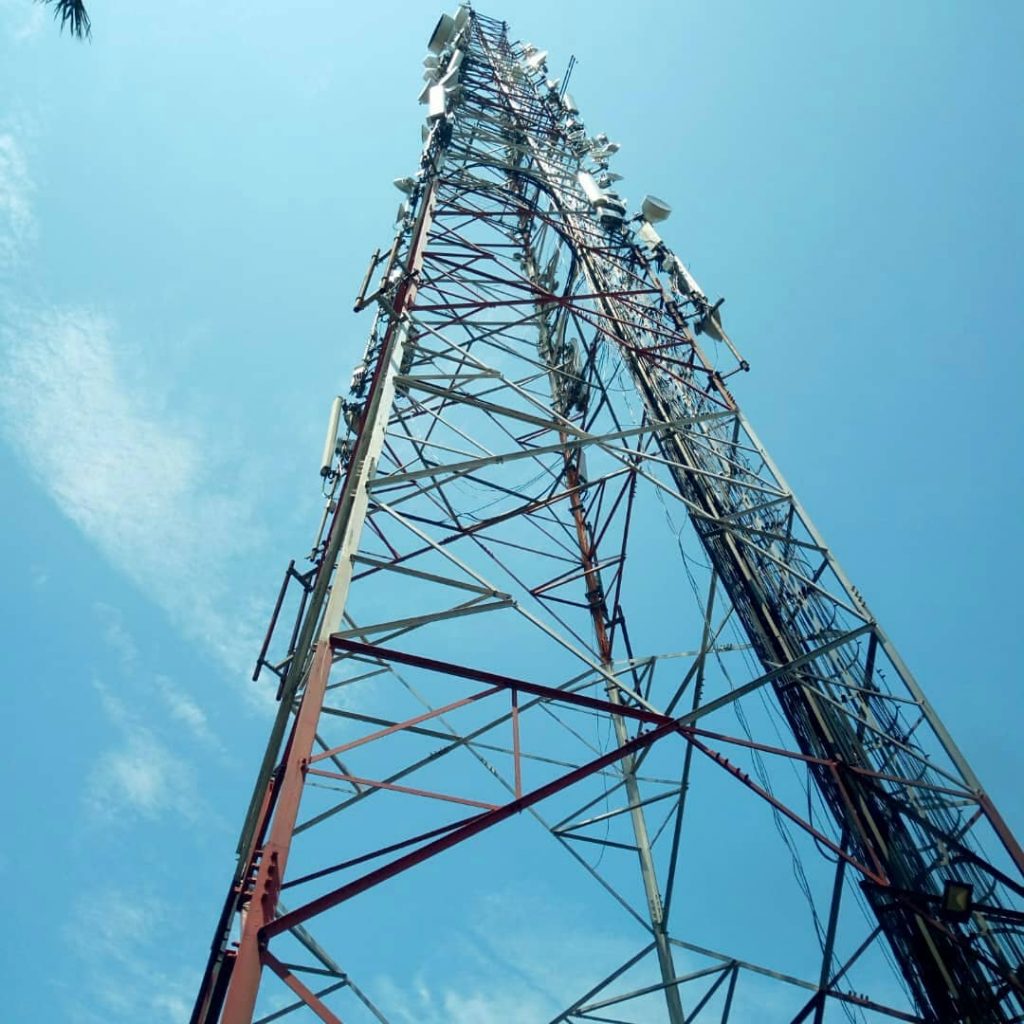

After my registration, I was connected to the free data by a service agent. The bar was full at first and indeed, it worked very perfectly for the first few minutes. Then it started fluctuating until it disappeared. The service agent gave two reasons for the occurrence.
The first was that too many people were connected to the hotspot at that time. The second reason was that there is still a minor problem with the system and FiamWiFi engineers who have an office in the council building were working on it.
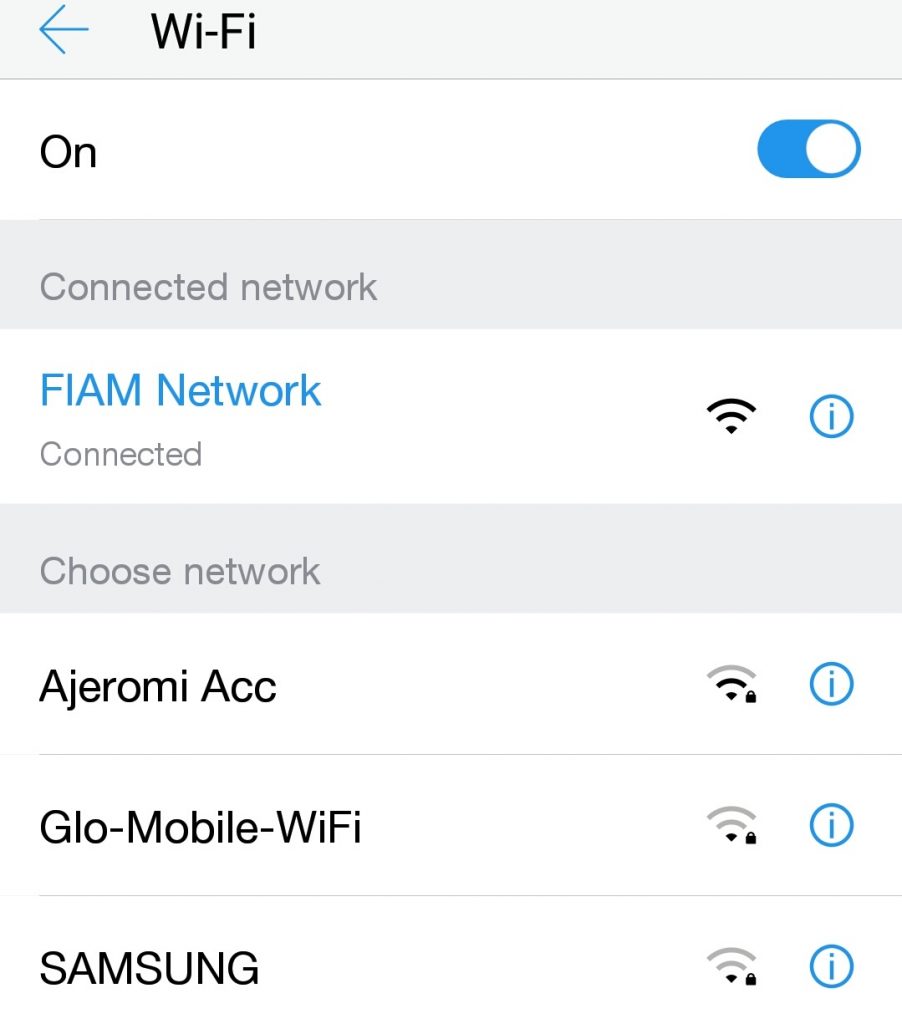

I subsequently disconnected for a while before trying to reconnect. That was when I noticed that reconnecting back was tedious as the fluctuations got worse. Even when it did reconnect, it just refused to work.
I tested my findings against the opinions of other users around the council and here are some responses:
“The service comes and goes,” says Ruth, a lady who works in one of the numerous business centres around the council. “But in the evening around 7 or 8, it becomes more stable and enjoyable.”
“There’s a particular spot inside the council where the network is very sharp,” Ismaila says. “Maybe outside is too far.”
“Too many people are connected to it right now that’s why it’s fluctuating,” Mutiu says. “And many of them want to download films and games and all these heavy things at once. If everybody is using it moderately it won’t be this bad.”
“You know our people like free things,” Princess says. “Maybe when they start charging people for the network, the number of people browsing it will reduce and the network will be fair.”
In the end….
FiamWiFi seems like a very good initiative whose plan appears workable. It, however, remains to be seen how its model of cheap data would work out seeing as ISP’s who previously offered such unbelievably cheap WiFi data bundles have run out of business or are known for poor connection.


With Ntel, it was a case of Nigerians telling service providers they would rather spend money on readily available and reliable connections than cheap unreliable ones. It is, therefore, my hope that FiamWiFi would grow to be reliable. If the past has taught us anything, it is that efficiency and reliability is the key to the survival of this business.
Image credit: Twitter/FiamWiFi






